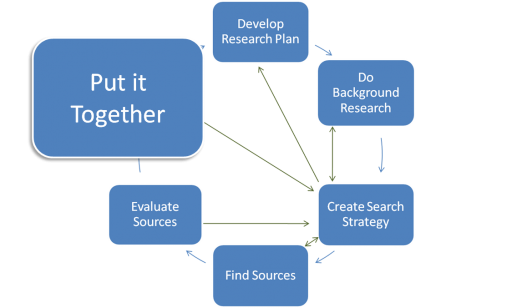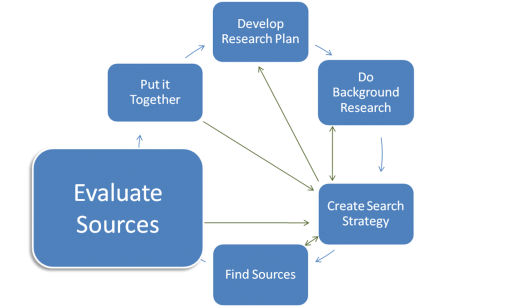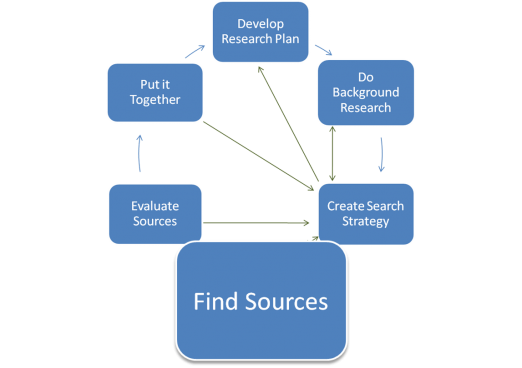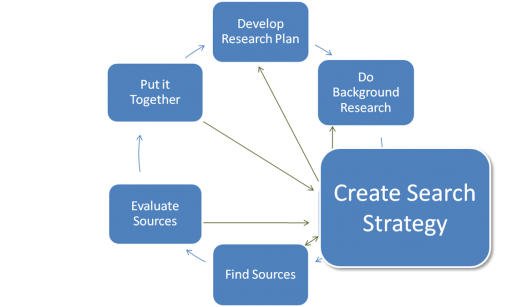The Secret Language of Libraries: Information Literacy
Have you noticed that Libraries have secret languages? We're still working on the secret handshake, but we've got this lingo thing down pat. We've got stacks, and circulation, and online catalogs when the rest of the world uses words like "bookshelves", "check-out desk" and "the website you use to look up things in the library". Why can't Libraries just use normal words?
Here's a doozy for you: Information Literacy. What? You don't know this one? C'mon! It's a Library favorite and, after all, it's Information Literacy Awareness Month! Okay, we give. We'll let you in on the secret meaning of Information Literacy.
Here it is: You have a problem. You need information to solve that problem. You know where to go to get that information and then you know what to do with that information once you get it. That, my friends, is information literacy.
Information literacy is what you use when you need to buy a car-- you learn about different models and makes, you find out which dealership has the car you're interested in, you know the MSRP and possible financing opportunities. In short, you know enough not to get fleeced.
Information literacy is what you use when you pick up the World Almanac to find the answer to 53-Across in the New York Times crossword puzzle (the answer is Ghana).
Information literacy is what you use when you make plans to start your own business, whether it's a lemonade stand, a summer house-painting gig or a restaurant. Knowing Janey down the street is selling lemonade for 10 cents a cup and that she uses powdered mix is power.
Information literacy is what you use when you use movie reviews to decide which film to see over the weekend and leave Drag Me to Hell really glad that you ignored the critics who panned it.
Information literacy is what you use to write research papers, prepare persuasive speeches, write reports, troubleshoot technical issues and solve everyday problems. Or, in Library-speak: "Information literacy is a set of abilities requiring individuals to 'recognize when information is needed and have the ability to locate, evaluate, and use effectively the needed information'." A Library organization said that, but all you need to know is that the C.O.D. Library is here to help you sharpen these skills. Whether you're writing a paper, buying a car, starting a business or going to see a movie.
And for you visual learners, here's a video: Discover Information Literacy




